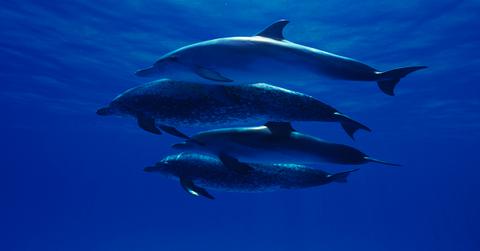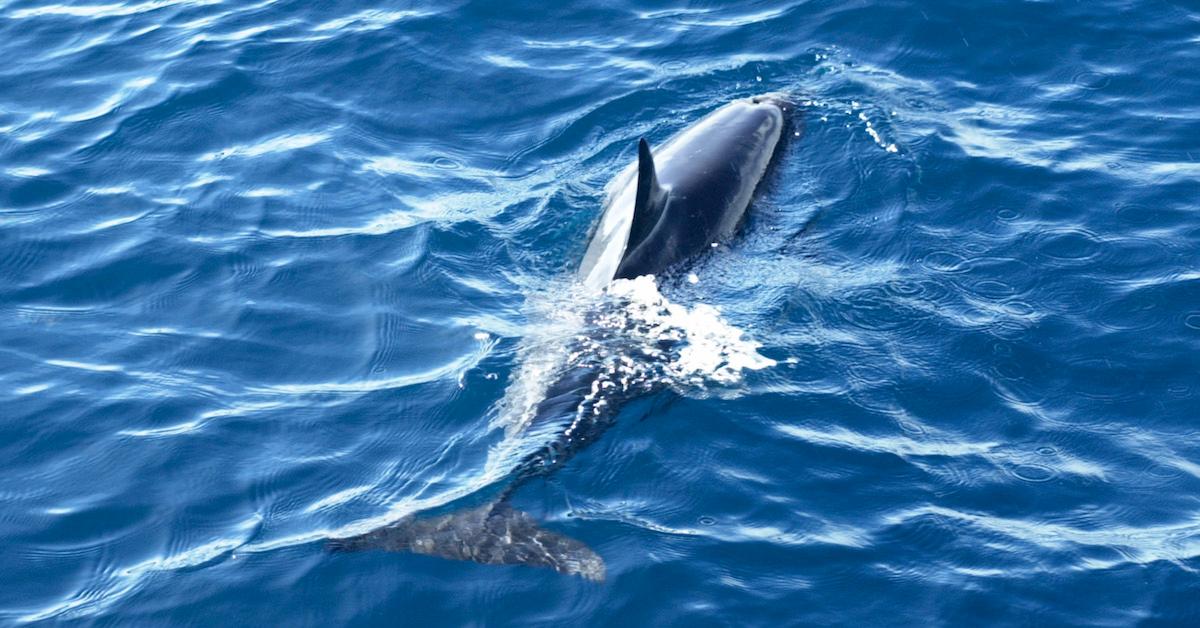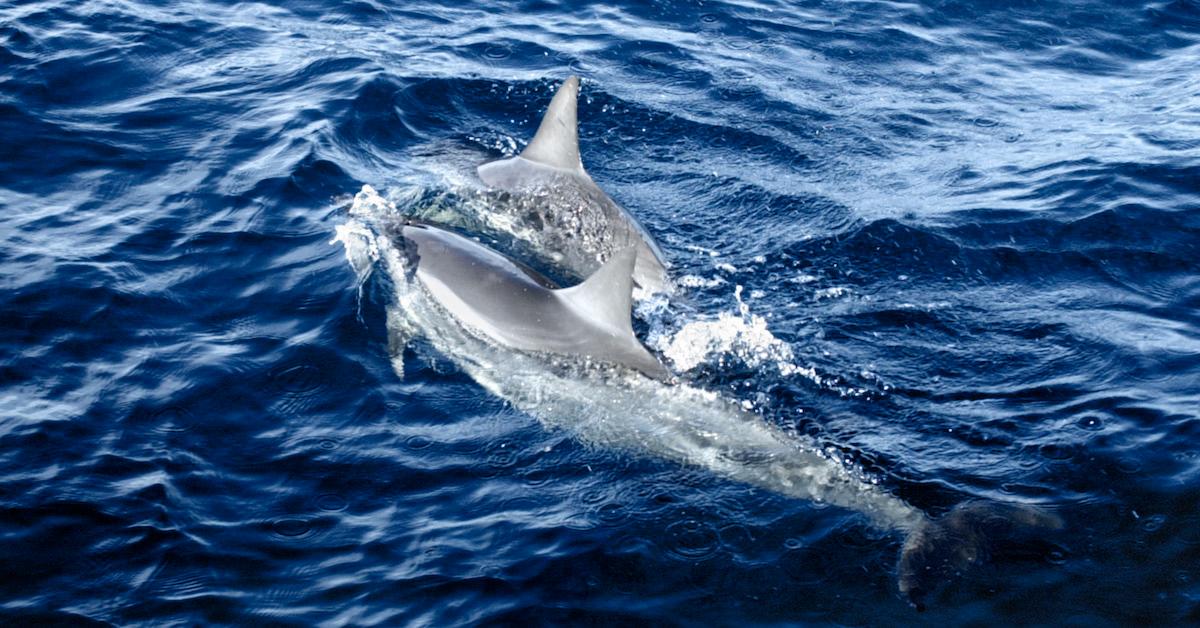Can You Still Swim With Dolphins in Hawaii? Behind the Popular Tourist Attraction
Published Sept. 30 2021, 1:05 p.m. ET

Growing up, popular cartoons like Aquaman and The Little Mermaid made the prospect of swimming with dolphins seem like a dream come true. And although tourists visiting Hawaii had been able to do so, through various popular tourist attractions, the U.S. is now taking measures to specifically protect Hawaii's spinner dolphins. In fact, the NOAA has enacted a strict rule that completely prohibits people from swimming anywhere near them.
“Although unauthorized take of marine mammals, including harassment of spinner dolphins, already is and continues to be prohibited under the MMPA throughout their range, the purpose of this regulation is to identify and prohibit specific human activities that result in take (including harassment) of Hawaiian spinner dolphins, and thus reduce disturbance and disruption of important Hawaiian spinner dolphin behaviors,” the rule states, according to West Hawaii Today.
It continues:
“This regulation is expected to reduce take of Hawaiian spinner dolphins and the impact of human viewing and interaction on these animals in the main Hawaiian Islands (MHI).”

What to know about the new rule, that prohibits tourists from swimming with Hawaii's spinner dolphins:
On Oct. 28, the NOAA is implementing a new rule that bans humans from coming within 50 yards of Hawaii's spinner dolphins, according to NPR. Spinners flock to shore to socialize, nurture their young, and rest before hunting at night. But, they become anxious amid human interactions, which can impact their daily routine.
"During the day, they're resting in near-shore waters, so it makes them very vulnerable to dolphin-directed activities," National Marine Fisheries Service's Ann Garrett told CNN.
"They may abandon their habitat and have increasing health problems. We can't function as well as we could with a good night's sleep, same with dolphins... Over time, their health may be impacted. They may not nurture young as well. They may abandon their young or habitat, and they may suffer long-term population impacts," Garrett continued.
Tourists can still embark on wildlife tours, while making an effort to stay away from the dolphins. If one approaches, humans are encouraged to ignore them.
Moving forward, as per NPR, the NOAA also hopes to prohibit humans from entering certain waters from 6 a.m. to 3 p.m. throughout the Big Island and Maui. This will hopefully give the dolphins more space to relax before they go out and hunt in the evening.

There are other ways to observe Hawaii's spinner dolphins, that don't involve swimming with them.
It may be one of your lifelong dreams to swim with dolphins, but luckily, there are other ways you can interact with them that don't involve disturbing their peace. If you happen to find yourself on any of the Hawaiian islands, you can simply head to the beach early in the morning to see spinners traveling together, according to News 8000. They travel in massive pods, and you can watch them gracefully leap out of the water together.
As previously mentioned, tourists are also still able to embark on wildlife tours. So whether that involves boating, paddle boarding, and snorkeling, you'll likely see a spinner — or even a group of them — from a distance. The state of Hawaii, as well as the dolphins themselves, will definitely thank you for your consideration.